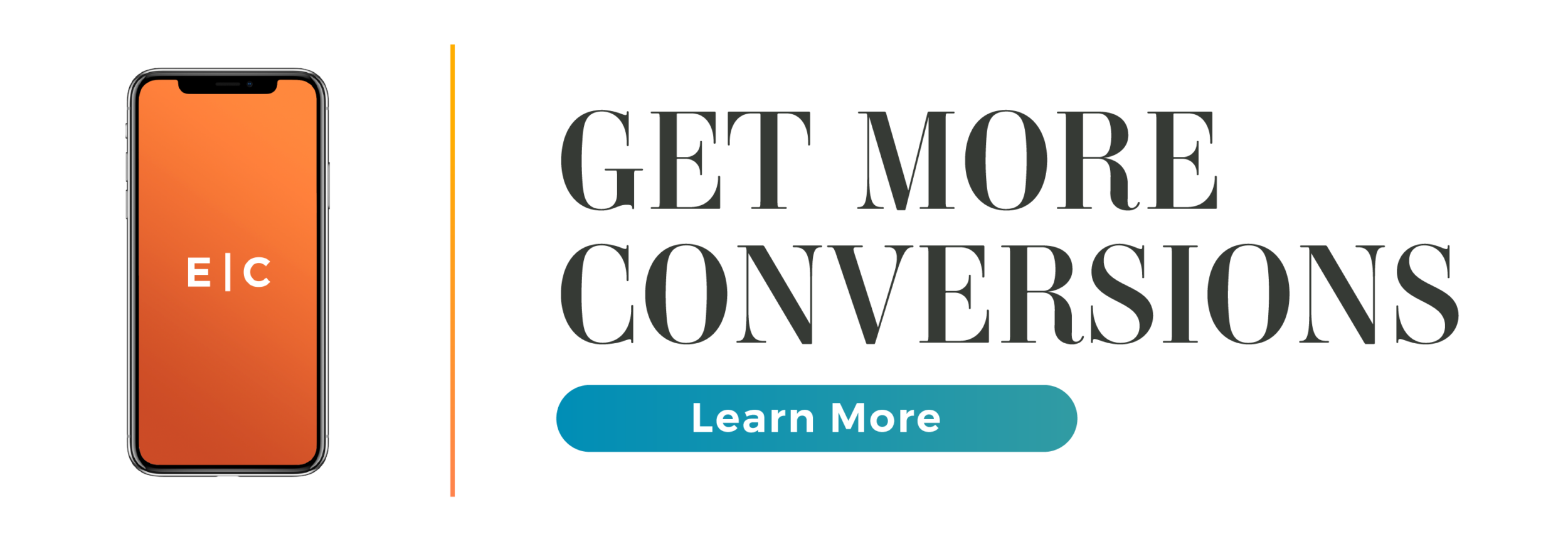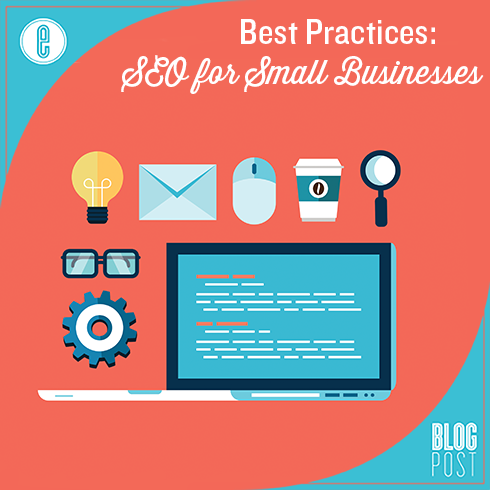SEO – search engine optimization – is a structured process for making your website more visible in search engines. Most effort in SEO focuses on Google: It is by far the search engine with the largest volume, and its results also influence the video hosting platform YouTube.
SEO has a number of different components:
- Identifying your core audience and figuring out what search phrases they’re using.
- Integrating the appropriate search phrases in text and headlines throughout your site.
- Building a portfolio of backlinks from trusted, reputable sites pointing to your own.
- Generating high-quality blogs and other content on your site to attract more visitors.
These techniques are important: Done right, they can raise your site to the first page of Google results. However, old-fashioned SEO focused only on “linkbuilding” is no longer as important as it once was. Instead of generating reams of links to your site, small businesses need to be creative in how they position themselves and develop their SEO strategy for long-term success.
“Content is King”: The New Face of SEO for Small Businesses
Google updates the software that determines search rankings 500 to 600 times a year. All these changes impact exactly what “successful SEO” looks like. Although it’s impossible to catalog every change, an important trend has emerged over the last few years: Google is looking for ways to reward sites with relevant, timely, useful, and informative content.
The more helpful your content is, the more likely you are to be recognized as a leader in your field by Google. Likewise, a high degree of expert content helps inform and persuade your site’s visitors, giving them good reason to trust you with their contact information so you can build a stronger relationship with them – and ultimately make the sales you desire.
In addition to blog posts, small businesses are finding new ways to succeed on the Web:
Social Media
According to Pew Research, 65% of American adults use social media. That’s a 7% gain since the think tank started collecting social media usage data in 2005. Social media allows you to amplify your brand’s voice, extending your presence on the Web by ensuring more people are exposed to your best content. It also allows you to monitor what people are talking about in your area of expertise and join the conversation at a moment’s notice, increasing your credibility.
Video Marketing
Google property YouTube is the #2 search engine worldwide. People come to YouTube in search of a wide range of content, including product videos and “how to” information on their favorite topics. Small businesses can capture this valuable, purchase-ready traffic by developing short videos that address the key questions potential buyers might have. This funnels YouTube users back to your main website, where they can fully experience your brand.
Web Content & Inbound Marketing
Many small businesses have the bad habit of treating everything they do as a “trade secret” only to be discussed with paying customers. Unfortunately, most sales on the Web are what we call considered sales: Visitors rarely buy the first time they’re exposed to your site, and it may take weeks for them to make a decision. Offering premium content in exchange for users’ email addresses lays the foundation to connect with them later and is a hallmark of inbound marketing.
In 2016, Small Business SEO Remains as Important as Ever
Every time Google makes a noticeable adjustment to its search methodology, you’d be hard-pressed to swing a stick without hitting someone gloomily declaring that “SEO is dead.”
While SEO has changed, the changes have all been for the better – when expert content is rewarded, small businesses can compete more effectively with their established rivals and search users get more relevant results for their queries.
SEO takes some time to bear fruit; it requires planning and consistent effort. However, once momentum is built, it represents a long-term competitive advantage over late-comers and those who believe the exaggerated rumors of SEO’s demise.
No matter where you stand on small business SEO today, however, it’s never too late to get started. Many of the techniques that drive SEO success also have broader digital marketing implications and can even generate immediate Web traffic.
SEO is key to your online marketing and digital branding mix. Take a holistic view that includes the latest insight in content marketing and social media and you’ll be more likely to capture the ROI you’re looking for sooner.

-FINAL(01-00)-White&Blue-01.svg)




